The shame of asking for help often feels overwhelming… I remember sitting in my dorm room, staring at a pile of assignments, totally overwhelmed. My roommate was just a door away, but the thought of asking her for help made my stomach churn. “What if she thinks I’m lazy?” I thought. “I should be able to handle this myself.” That moment wasn’t just about schoolwork it was about the deep shame and guilt I felt for needing support. Sound familiar? 😔
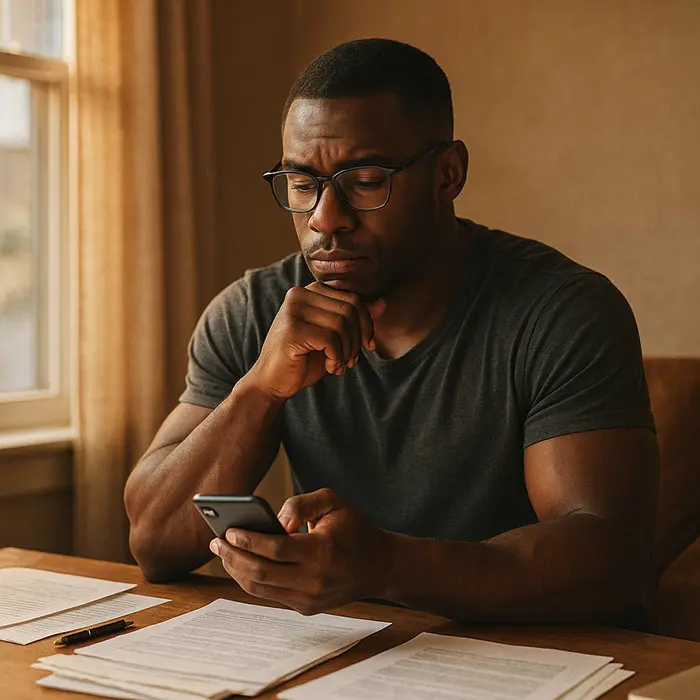
Asking for help, whether it’s for something practical like moving a couch or emotional like venting about a bad day, can feel like climbing a mountain. For many of us, it’s not just about the act of asking it’s the fear of being seen as weak, needy, or a burden. In this article, we’re diving into why asking for help triggers such intense shame and guilt, where these feelings come from, and how you can start to receive support without that heavy weight holding you back. We’ll share real stories, practical tips, and even a few intentional typos to keep it human. Ready to let go of the fear and let others in? Let’s do this.
Ever felt that sinking feeling when you need to ask for help but can’t bring yourself to do it? You’re not alone. Discover why asking for help feels so hard, where that shame and guilt come from, and practical ways to embrace support without fear. Let’s break those barriers together! 😊

Quick Boundaries Quiz to Check Yourself
Not sure if your boundaries are helping or hurting?
Take the quick quiz to see where you stand
Just in 3 Min
Part of the Emotional Boundaries series
Why Asking for Help Feels So Vulnerable
Why does asking for help feel like you’re baring your soul? For starters, we’re raised in a world that glorifies independence. From a young age, we’re told to “figure it out” or “be strong.” Needing others? That’s often seen as a flaw. But it’s not just culture our personal histories shape this too.

If you grew up in a home where asking for help was met with eye-rolls or “you’re too much,” you might’ve learned that needing support is risky. Maybe you were the family caretaker, always putting others’ needs first, so asking for yourself feels selfish. Or maybe perfectionism’s got you in a chokehold, whispering, “If you were good enough, you wouldn’t need anyone.”
Then there’s the fear of rejection. What if you ask and they say no? What if they judge you or think you’re weak? These thoughts can make your heart race and your palms sweat. It’s not just emotional it’s physical. Your nervous system might see asking as a threat, like you’re stepping into a danger zone. But here’s the truth: vulnerability isn’t weakness. It’s the doorway to connection.
“Vulnerability is not winning or losing; it’s having the courage to show up and be seen when we have no control over the outcome.” Brené Brown

The Roots of Shame and Guilt
So where do these feelings of shame and guilt come from? Let’s dig deeper. Often, they’re rooted in early experiences. If your needs were ignored or punished as a kid, your brain might’ve wired “needing help = unsafe.” Maybe your parents said, “Don’t bother me,” or you got the vibe that your emotions were “too much.” Over time, you learned to shrink your needs to stay safe.
Cultural messages don’t help either. In many societies, self-reliance is king. Think about all those “pull yourself up by your bootstraps” sayings. They make asking for help feel like failure. Add in perfectionism, and you’ve got a recipe for feeling like you’re not enough if you can’t do it all alone.
Why Shame Shows Up When You Need Help
Then there’s the fear of being a burden. I once avoided asking a friend for a ride to the airport because I didn’t want to “inconvenience” them. Turns out, they were happy to help they even brought coffee! But my brain had convinced me I was asking for too much. This fear often ties back to attachment wounds times when showing vulnerability led to rejection or abandonment. It’s like your nervous system’s saying, “Don’t risk it again.”

How Shame and Guilt Affect Your Life
When you avoid asking for help, it’s not just a one-off choice it impacts your whole life. On a personal level, it can lead to burnout. I remember a time when I was juggling work, family drama, and a side hustle. I was drowning but kept telling myself, “I got this.” Spoiler: I didn’t. I ended up exhausted, snapping at everyone, and feeling more alone than ever.
In relationships, not asking for help creates a one-way street. You’re always the giver, never the receiver. This can breed resentment or distance. You might feel like nobody really knows you because you’re not letting them in. Plus, you’re robbing others of the chance to show up for you. Healthy relationships thrive on mutual care giving and receiving.
Your nervous system takes a hit too. Constantly being in “I’ll do it myself” mode keeps you in a state of hyper-independence, which is like running on high alert all the time. It’s exhausting. When you let others support you, it’s like giving your nervous system a break it learns that connection is safe, not scary.
For more on how this affects your mental health, check out The Quiet Panic: When Anxiety Feels Like You’re Not Even Here.
The Hidden Shame and Guilt of Asking for Help: How to Receive Support Without Fear

Common Myths About Asking for Help
Let’s bust some myths that keep us stuck:
- “Asking for help means I’m weak.”
Nope. It takes guts to admit you need support. It’s not about being less it’s about being real. - “I should handle everything alone.”
Nobody does. Even the “strongest” people lean on others. We’re wired for connection, not isolation. - “I’ll be a burden if I ask.”
Most people feel honored to help. You’re not a burden you’re giving them a chance to show they care. - “Only some people get to ask for help.”
Everyone needs support sometimes. There’s no VIP list for vulnerability it’s a human thing.
For more on debunking these myths, see The Fear of Being a Burden: Why It’s So Hard to Receive Help.
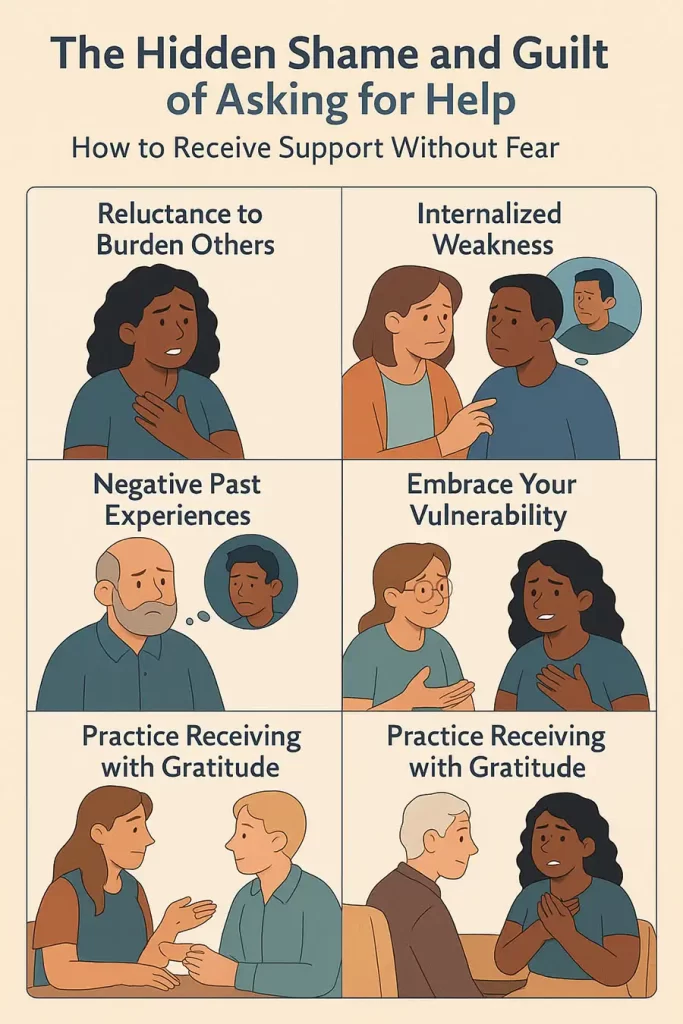
The Benefits of Embracing Support
So what happens when you start asking for help? Here’s the good stuff:
- Stronger relationships: Letting others in builds trust and deepens bonds. It’s like saying, “I trust you enough to see me.”
- Less stress: Sharing the load lightens your mental and emotional weight.
- More self-awareness: Recognizing your needs helps you understand yourself better.
- Sense of community: Asking for help reminds you you’re not alone it’s a team effort.
- Better mental health: Support reduces isolation and boosts your mood.
I once asked a coworker to proofread a report I was stressing over. Not only did she catch a typo, but we ended up laughing over coffee, and it felt like a weight lifted. Asking for help doesn’t just solve problems it creates moments of connection.

Practical Steps to Overcome Shame and Guilt
Ready to start asking for help without freaking out? Here’s how to ease into it:
- Start small: Ask for something low-stakes, like, “Can you help me carry this bag?” or “Can we talk for a sec?” It’s like dipping your toes in.
- Use scripts: Try saying, “I’m working on asking for help, and I’d love if you could [specific thing].” It feels less scary when you’ve got words ready.
- Reframe it: Asking isn’t weakness it’s connection. You’re inviting someone to be part of your story.
- Be kind to yourself: Feeling guilty? Say, “It’s okay to need help. I’m still worthy.” Self-compassion is key.
- Notice reactions: Most people are happy to help. Their kindness can rewrite your shame story.
- Choose safe people: Ask those who’ve shown they’re trustworthy. Not everyone earns your vulnerability.
For more tips, check out The Strange Guilt of Having Needs (And Learning to Ask Anyway).
Asking for Help in the LGBTQ+ Community
For folks in the LGBTQ+ community, asking for help can feel extra tricky. Discrimination, rejection, or lack of understanding from family or friends can make vulnerability feel like a minefield.
I’ve seen friends hesitate to ask for support because they’ve been told their identity is “too much” or “just a phase.” That kind of dismissal sticks with you.
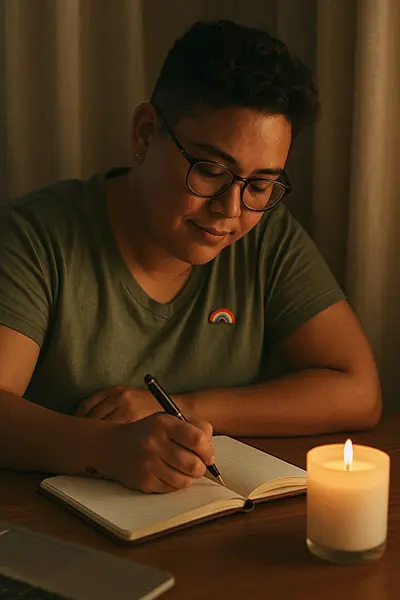
Finding safe spaces like LGBTQ+ friendly therapists or support groups can make a huge difference. You deserve people who see and celebrate all of you, not just parts. Asking for help in these communities isn’t just about getting support; it’s about building a chosen family that gets it. For more on this, check out The Fear of Being Misunderstood.
Real-Life Stories: Breaking the Shame Cycle
Let’s talk about Sarah, a 35-year-old marketing manager I know. She used to pride herself on being the “strong one” at work and home. But when a big project overwhelmed her, she was burning out fast. Asking for help felt like admitting defeat. One day, she took a deep breath and asked her colleague Mike to review some data. To her surprise, he was thrilled to help and they ended up brainstorming ideas that made the project a hit. That small ask changed how Sarah saw vulnerability. She realized it wasn’t about being weak it was about teamwork.
Then there’s Alex, who struggled with emotional support. After a rough breakup, he wanted to talk but felt guilty “burdening” his friends. He finally texted a buddy, “Hey, I’m kinda down. Can we chat?” That conversation turned into a weekly coffee meetup, and Alex felt seen for the first time in months. These stories show that asking for help can open doors you didn’t even know were there.

Tools to Build Your Asking Muscle
Here are some practical tools to make asking for help easier:
- Journal it: Write about a time you needed help but didn’t ask. What stopped you? What could you do differently?
- Try grounding: When shame hits, use the 3-3-3 rule: name 3 things you see, hear, and feel. It calms your nervous system.
- Practice scripts: Say, “I’m feeling a bit overwhelmed can you listen for a minute?” Practice makes it less scary.
- Breathe through guilt: Try box breathing (inhale 4, hold 4, exhale 4, hold 4) to stay calm when asking.
- Join a group: Find a community like a book club or therapy group where asking is normalized.
For more grounding techniques, see Self-Care for Highly Sensitive People. External resources like Dr. Gabor Maté’s work on attachment or Psychology Today’s guide to vulnerability can also help.
Conclusion: You Deserve to Be Supported
Overcoming the shame and guilt of asking for help isn’t easy, but it’s so worth it. It’s not about being weak it’s about being human. By taking small steps, like asking for a quick chat or a hand with a task, you’re not just solving problems you’re building stronger relationships and a healthier you.

So next time you’re struggling, don’t let that voice in your head win. Take a deep breath, reach out, and let someone in. You might be surprised how much lighter you feel when you let others carry a piece of the load. You deserve to be supported, just as much as you support others. 🌟
For more on embracing vulnerability, check out The Power of Emotional Honesty or explore Brené Brown’s work on courage.
Psychology Today: Explores psychological barriers like fear of burden and self-worth issues that make asking for help feel difficult
Harvard Business Review: A neuroscience- and psychology-informed look at why help‑seeking at work triggers discomfort, and how to ask in ways that maintain credibility
FAQs About Asking for Help
Guilt often comes from old beliefs that you should be self-sufficient or that you’re burdening others. It’s usually tied to past experiences or cultural messages.
Start small with low-stakes requests. Use scripts like, “I’m trying to get better at this can you help?” It gets easier with practice.
That’s okay it doesn’t mean you’re unworthy. It just means they might not be able to help right now. Keep reaching out to others.
Yup! It builds trust and shows you value the relationship enough to be real. It’s a two-way street that deepens connection.
our nervous system might see vulnerability as a threat from past rejections. With practice, it learns that asking is safe.
Related articles I recommend not to miss
✨ Last updated on 10.08.2025
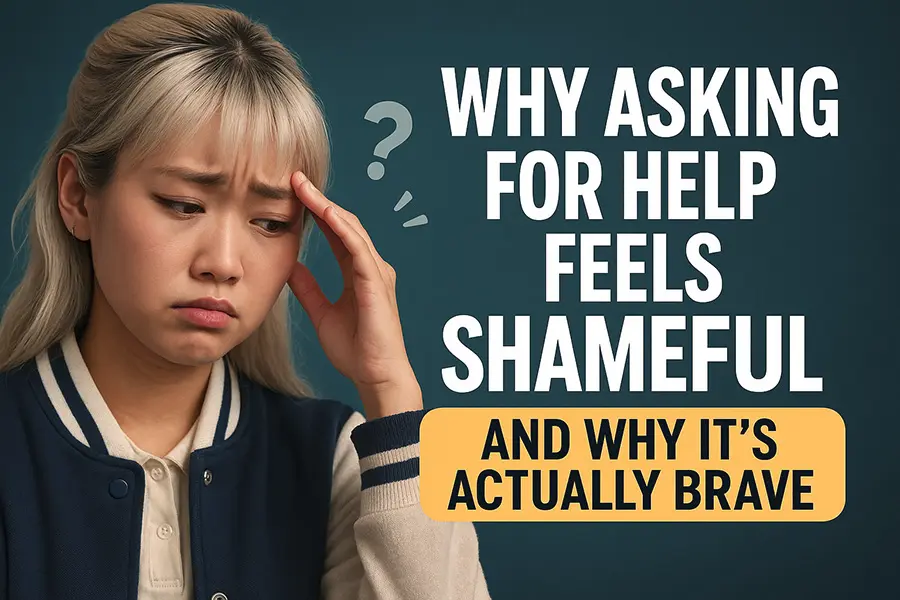

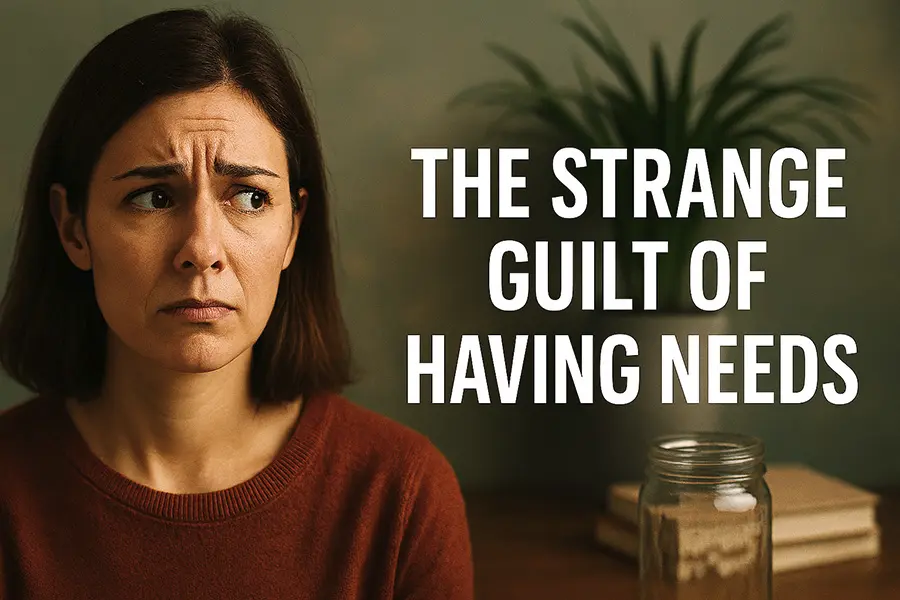
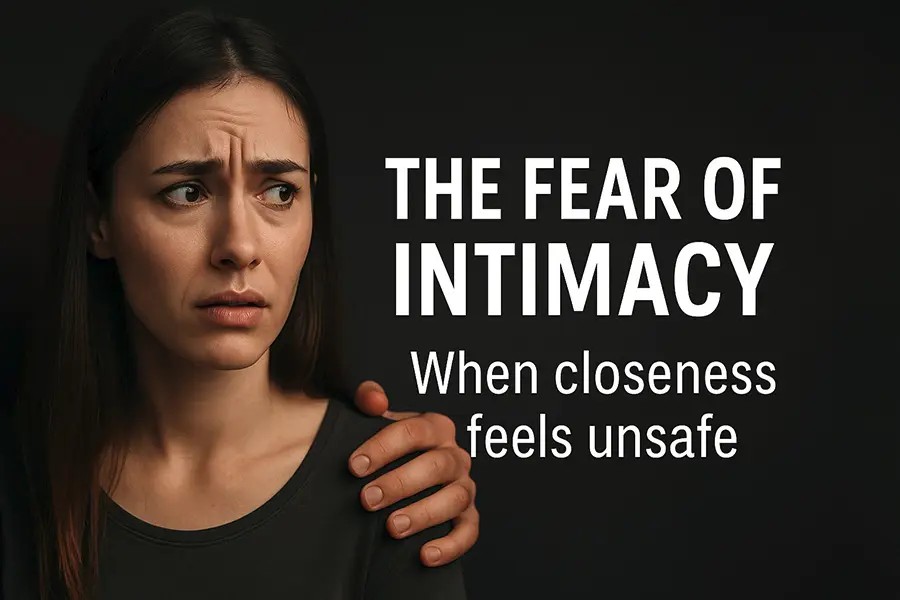
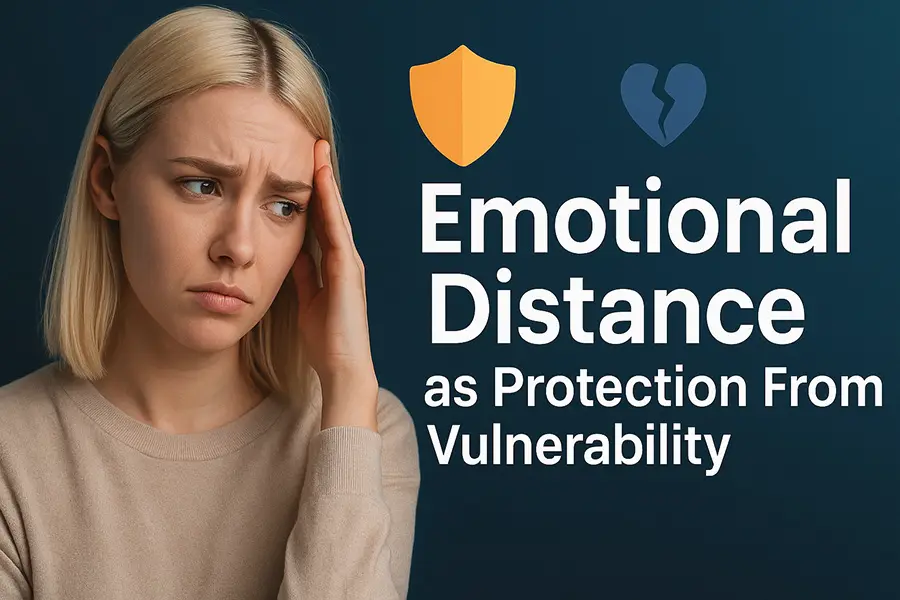
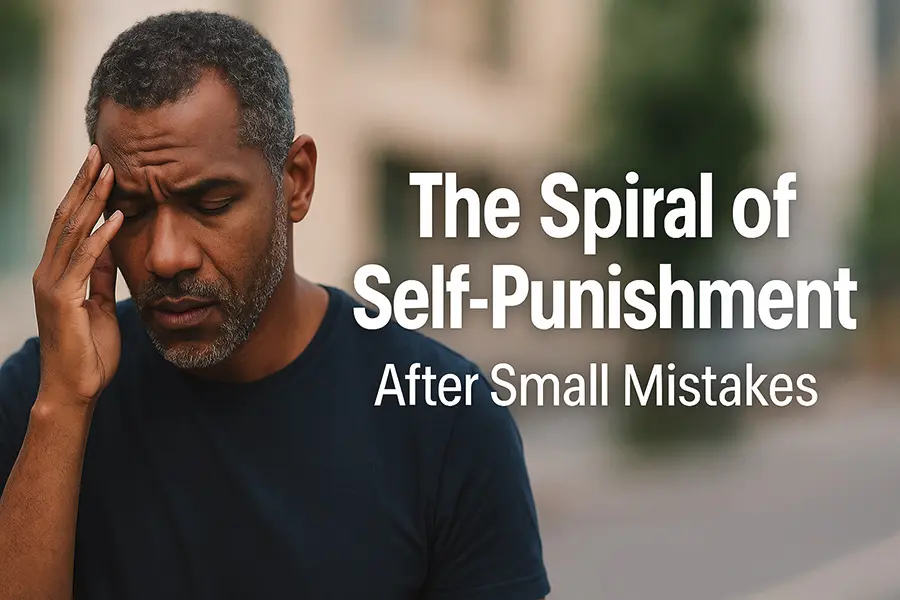










Leave a Reply